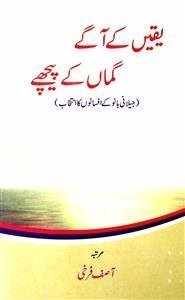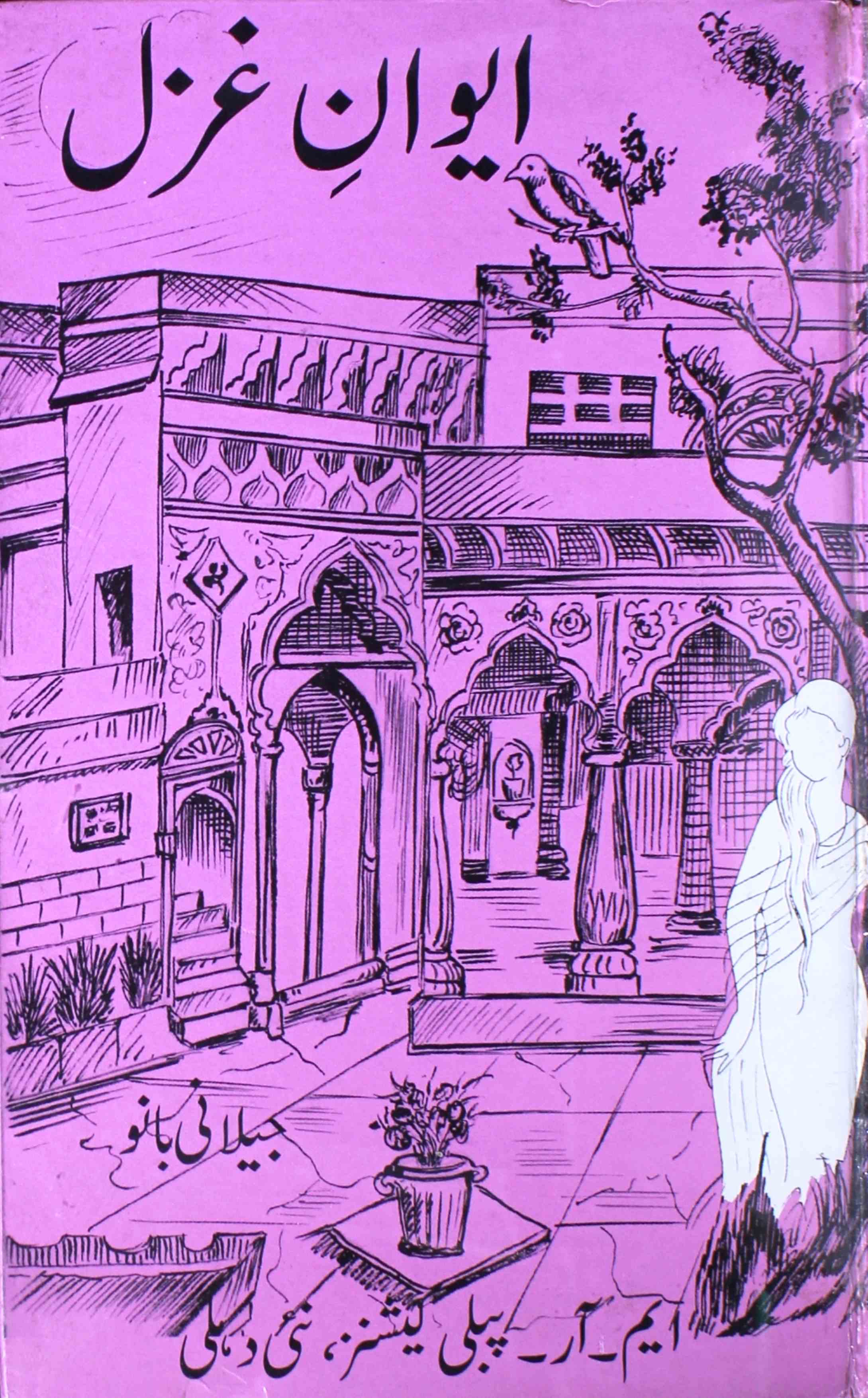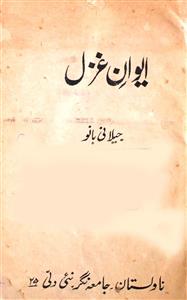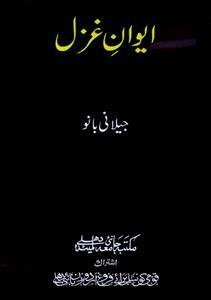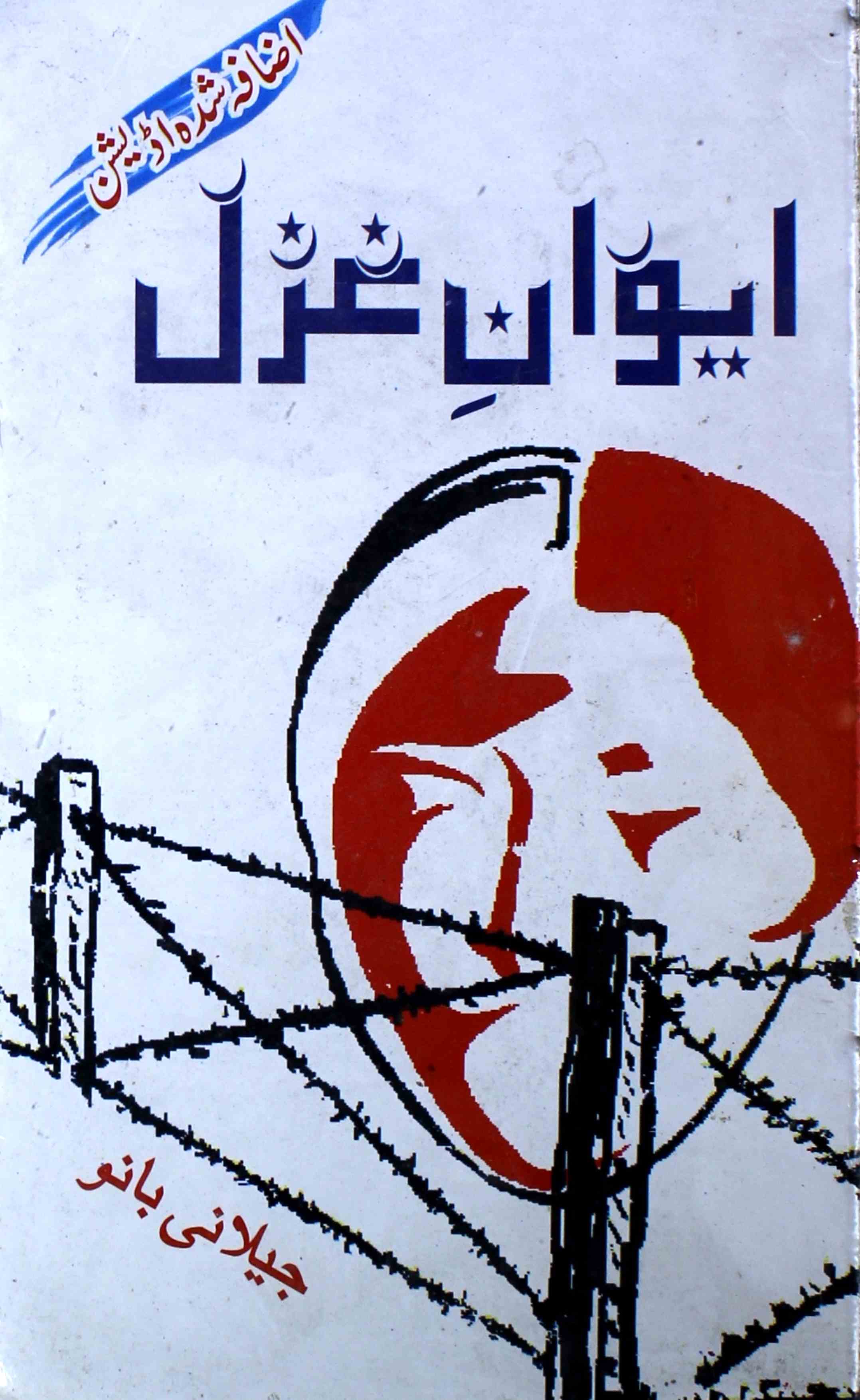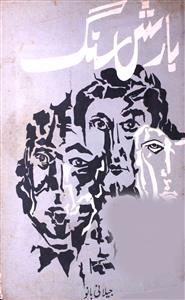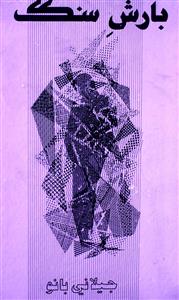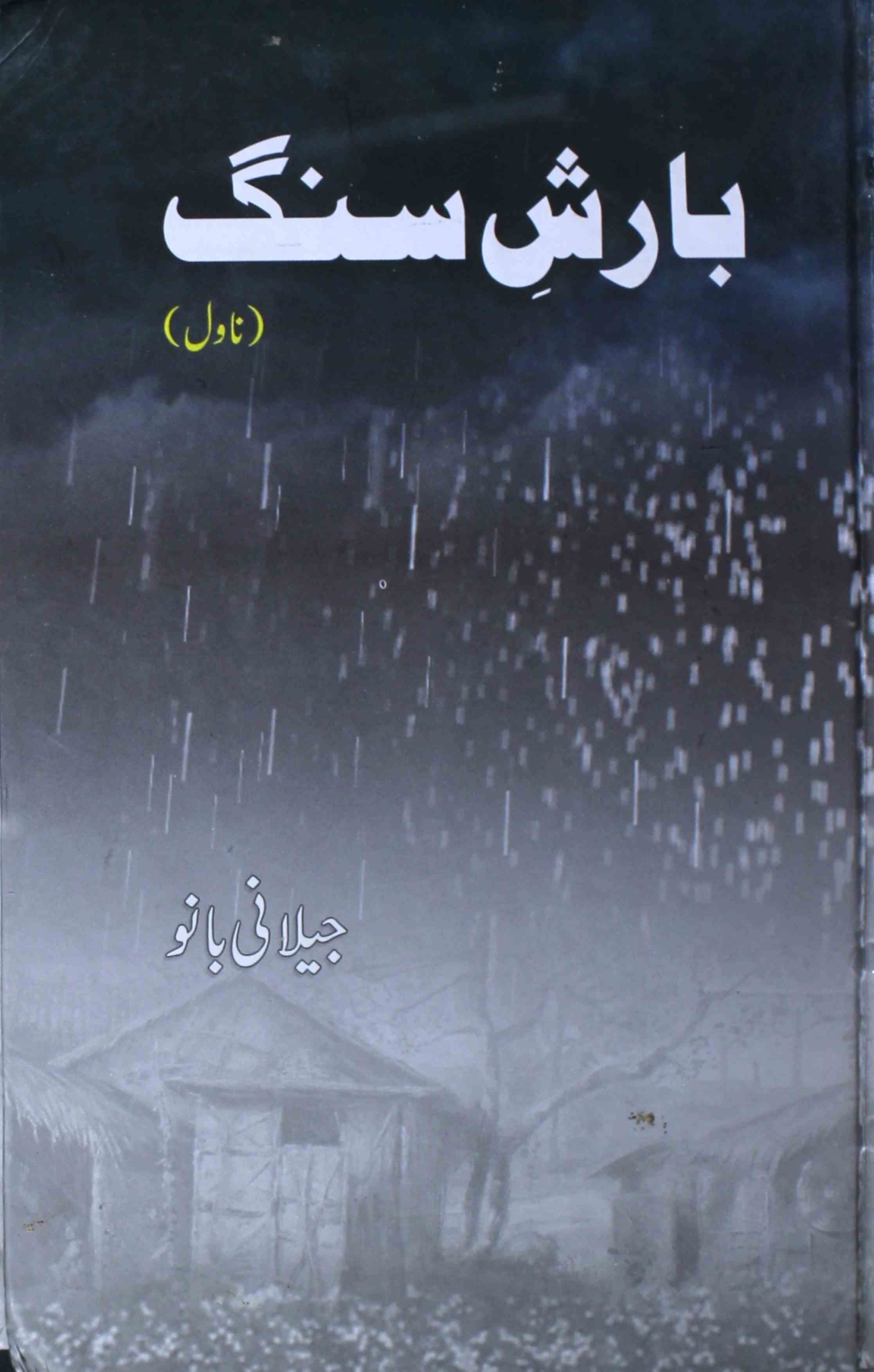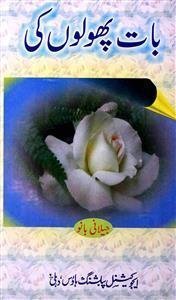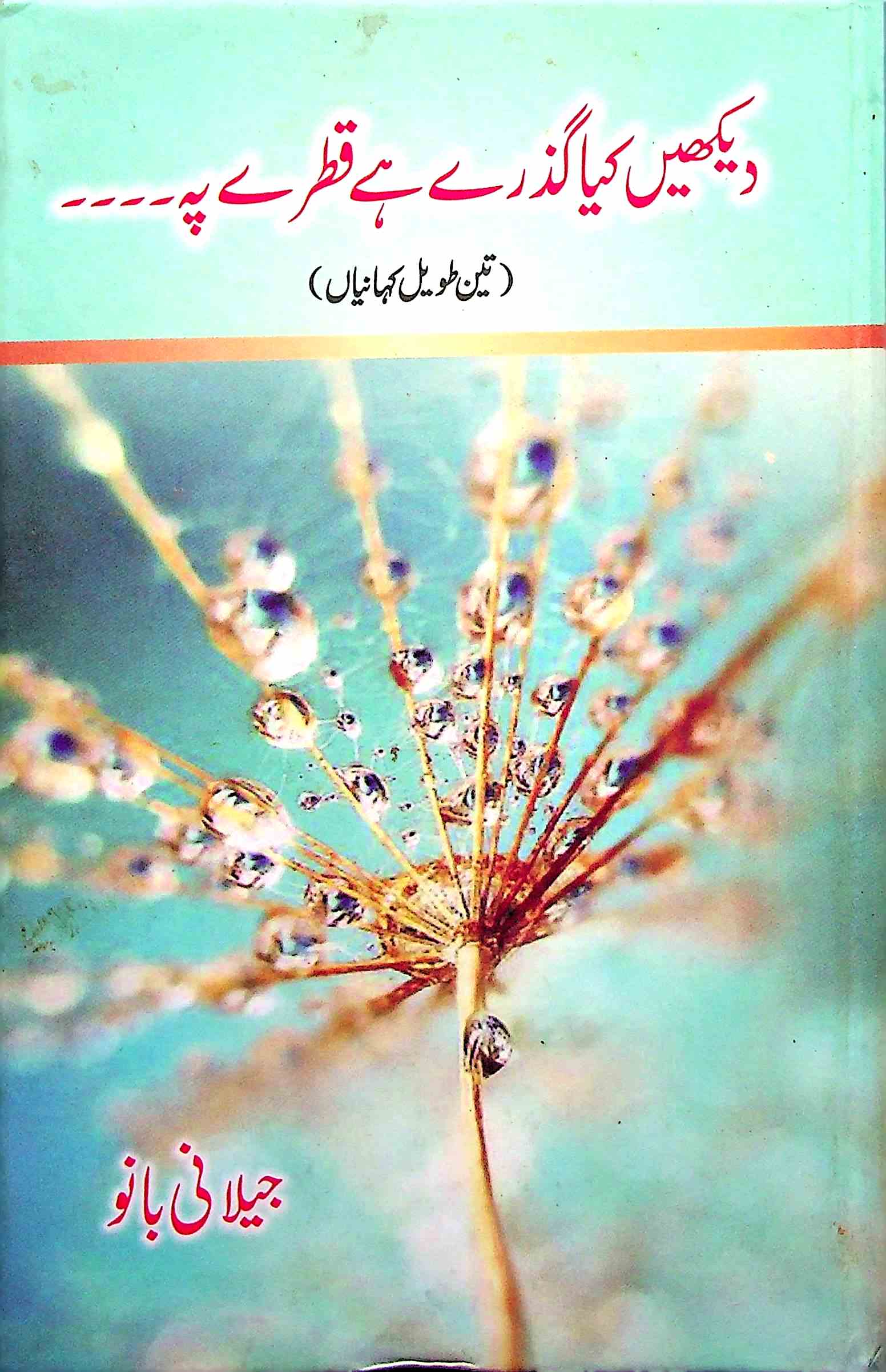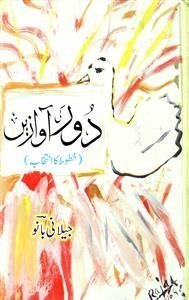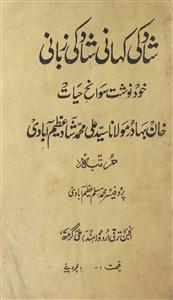 For any query/comment related to this ebook, please contact us at haidar.ali@rekhta.org
For any query/comment related to this ebook, please contact us at haidar.ali@rekhta.org
About The Book
جیلانی بانو ان معدودے چند افسانہ نگاروں میں شامل ہیں جن کی بدولت اردو افسانے کو استحکام اور اعتباریت حاصل ہوئی ہے۔ ان کی فنی ریاضت و مزاولت ایک طویل عرصے پر محیط ہے۔ ان کے افسانوں کے کردار میں مخصوصیت اور تحریر میں انفرادیت پائی جاتی ہے۔ زیر نظر مجموعے کے افسانوں میں لمبی تمہید اور ذہن بنانے کے عمل میں وقت ضائع کرنے کے بجائے راست کہانی کا پہلا حصہ شروع کر دیا جاتا ہے اور وہ بھی اتنے اچنبھے انداز میں کہ قاری آگے پڑھنے پر مجبور ہو جاتا ہے اور جوں جوں قرائت آگے بڑھتی رہتی ہے قاری کی دلچسپی میں اضافہ ہوتا چلا جاتا ہے اور سکون تب میسر آتا ہے جب وہ کسی فیصلہ کن نتیجے پر پہنچتا ہے اور یہی افسانے کا اختتام ہوتا ہے۔ ان افسانوں میں سماج میں نئے رنگ ، فیشن اور برابری اور دوسروں پر برتری کے رجحان سے پنپنے والی خرابیوں کو دکھایا گیا ہے ۔ یہی وجہ ہے کہ قاری افسانے کے کردار کو اپنے آس پاس محسوس کرتا ہے۔
About The Author
Jeelani Bano is a well known Urdu fiction writer. She started writing at an early age and her first story, ‘Ek Nazar Idhar Bhi’ was published in 1952. She is credited with twenty two books comprising anthologies starting with Roshni ke Minar and novels beginning with Aiwaan-e-ghazal. Her other books include an autobiography, Afsaney, and a collection of her correspondence with other writers, Door ki Aawaazein. One of her stories, ‘Narsayya Ki Bavdi’, has been made into a 2009 feature film, Well Done Abba by the renowned filmmaker, Shyam Benegal. Many of her books have been translated into other languages. Bano received the Andhra Pradesh Sahitya Akademi Award in 1960, followed by the Soviet Land Nehru Award in 1985. She received the Qaumi Haali Award from the Haryana Urdu Academy in 1989. The Government of India honoured her with the civilian award of Padma Shri in 2001. She has also been associated prestigious forums like Youth for Action as its chairperson and Child and Women Human Rights, a forum of the International Human Rights Association of India, as its principal advisor.
 For any query/comment related to this ebook, please contact us at haidar.ali@rekhta.org
For any query/comment related to this ebook, please contact us at haidar.ali@rekhta.org
